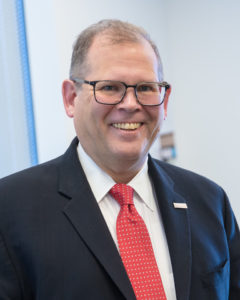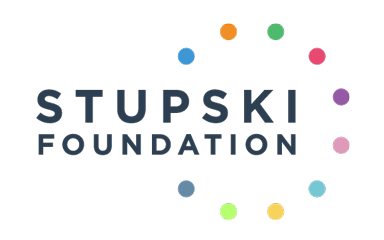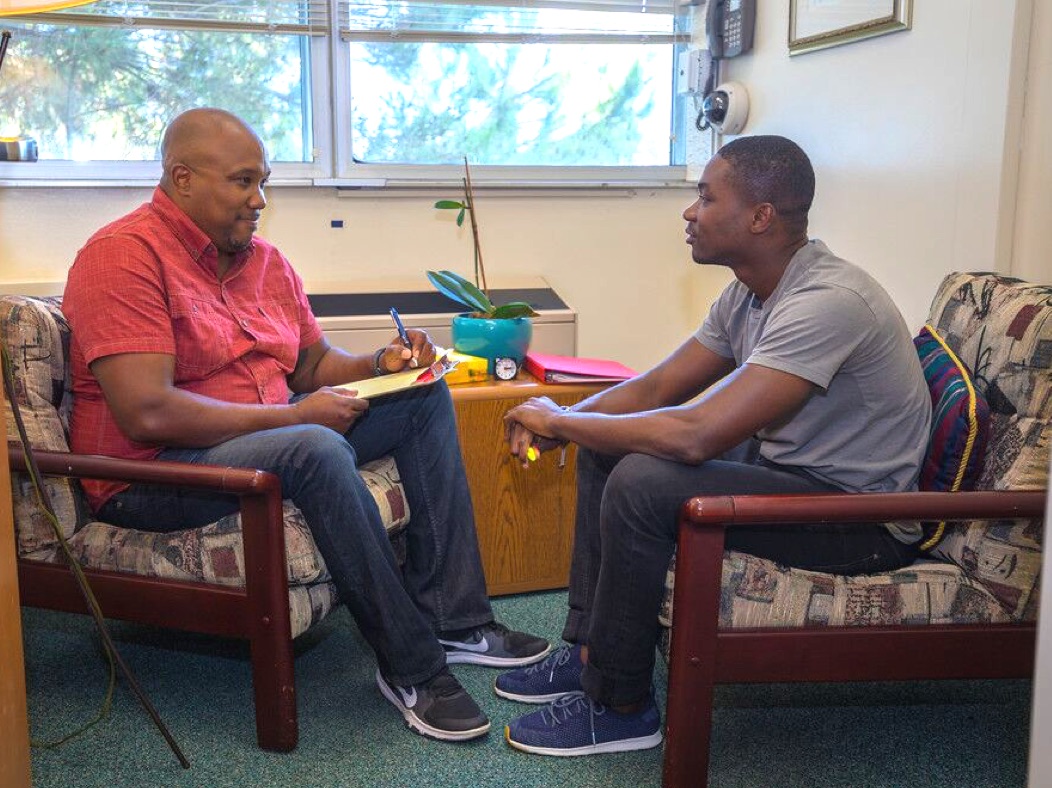March 9, 2020
Contact: Claire Callahan, 415.655.4405
Stupski Foundation announces investments to create more tailored, holistic, and proactive advising to college students in the Bay Area
SAN FRANCISCO, March 9, 2020 – Today the Stupski Foundation announced nearly $8,000,000 million in grants to postsecondary partners – California State University, East Bay and San Francisco State University – to support more tailored, holistic, and proactive advising to their students to increase student persistence and graduation rates and address equity gaps.
As part of the California State University Graduation 2025 Initiative goals, both campuses will use predictive analytics and proactive advising to better reach students. The approach will use technology to analyze indicators of student success (and potential challenges) for students on a daily basis and reach out to provide just-in-time guidance to students. Advisors will proactively contact students to offer them support based on their unique needs, from registering for classes to changing majors to seeking clarity on financial aid.
Cal State East Bay and San Francisco State designed their programs after an intensive planning period, informed by campus needs assessments, research, and site visits to campuses with leaders of universities with successful proactive advising programs, such as Georgia State University, Arizona State University, and Sacramento State University.
“Our Bay Area partner campuses developed plans that, although unique to their organizational structure and student body, are bridged by the common goals of leveraging technology and advisors to improve the student experience,” said Jennifer Nguyen, the director of postsecondary success at Stupski. “Predictive analytics and proactive advising is a dual investment in technology and, most of all, in students.”
Sitting atop the Hayward hills, Cal State East Bay is a vibrant, multicultural campus serving 12,000 students – 86% of whom are from traditionally underrepresented communities. Cal State East Bay will utilize Stupski dollars to implement its Pioneer Pathways Project. Among the highlights of their multi pronged plan are bold initiatives such as restructuring advising to a model where every student has one primary advisor, providing additional professional development for the advising community, and implementing a comprehensive early alert system.

“We are excited about implementing a redesigned advising system that is proactive, focuses on students successfully completing their educational journey, and provides them with the support they need when they need it. Using predictive analytics and focused advising, we will be able to provide our students with a primary advisor to help them navigate their academic pathway and succeed in completing their degrees,” said Cal State East Bay Provost, Edward Inch. “By investing in our technological infrastructure, advising community, and much more, we’re also making significant investments in our students and their success.”
Across the Bay in San Francisco, SF State will significantly bolster its advising team through Stupski funds to help impact its more than 27,000 dynamic and diverse undergraduate students. SF State will hire several additional advisors to significantly cut its student-to-counselor ratio down by more than 400 for its first-year students. SF State identified first-year retention and persistence into a student’s second year of college as a significant point of attrition. By boosting first-year student advising, SF State students will have more access to an advisor who can guide them early and often, giving them the support they need before they encounter challenges that would prevent them from graduating, like failing a course or being placed on academic probation. Advisors, in turn, will have the capacity to maintain relationships with their students to better support their goals.

“San Francisco State University is grateful for the Stupski Foundation’s investment, which will further support our use of predictive analytics for proactive advising. It’s been proven that strategically using advising resources to improve the advisor-to-student ratio increases graduation and retention rates. We’re excited to be part of this partnership that will strengthen our advising capacity, especially for first-year students,” said Lori Beth Way, dean of the Division of Undergraduate Education and Academic Planning at San Francisco State University.
As each campus develops its custom proactive advising program, the teams plan to share their best practices and biggest challenges to support each other through their systems change efforts.
Stupski’s investments launch its postsecondary success portfolio of its spend down strategies to address some of the biggest challenges in the communities it calls home. These grants are one example of how the Foundation will prioritize local systems change to ensure our regions’ students facing some of the toughest challenges enroll, persist through, and graduate with the skills they need to pursue their career goals.
###
The Stupski Foundation is collaborating with community partners to invest all of our assets within the next 10 years to address some of the Bay Area’s and Hawaiʻi’s biggest challenges so that one day everyone can benefit from the wealth of opportunities and resources in the places we call home. Learn more about Stupski’s work.


